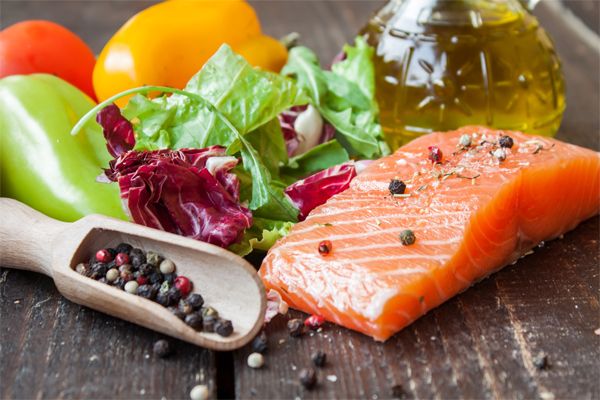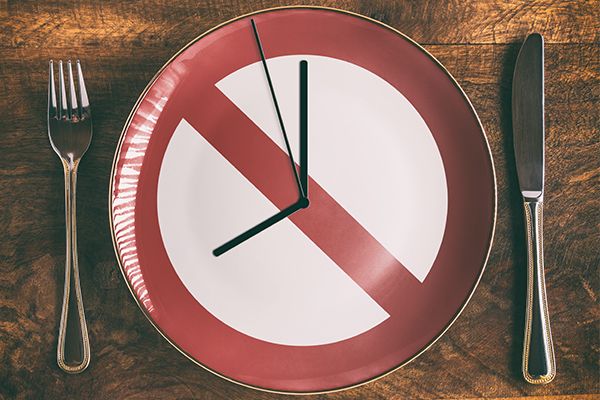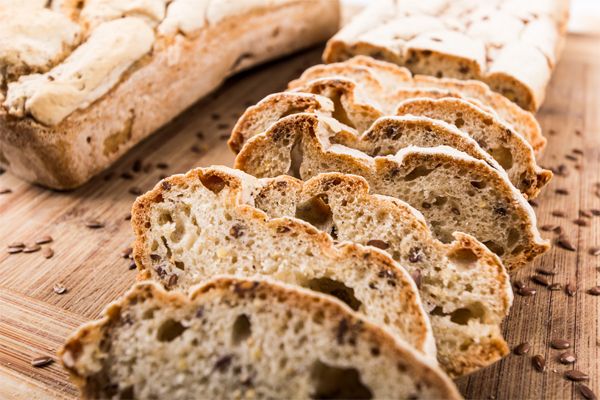
“Do not dig your grave with your own knife and fork.” — Old English Proverb
How did you decide on your current diet?
Is it based on what you were fed as a young child?
Is it based purely on foods that taste good?
Have you changed your diet because of what your friends, family and good-looking celebrities have recommended?
Beware, they may not have the expertise to provide healthy guidance.
Keep Health recommends confirming the science behind what you eat. Here are the best evidence-based articles we could find. We encourage you to explore the links.
Science-based healthiest diets

01. Mediterranean
- This is the most scientifically-tested eating pattern showing substantial health benefits, including associated reductions in heart disease, diabetes, cancer, and total death rates.
- There isn’t “a” Mediterranean diet. Greeks eat differently from Italians, who eat differently from the French and Spanish. However, their diets share the same principles.
- The main food sources are vegetables, fruit, whole grains, legumes, nuts, fish, poultry, olive oil, and dairy products such as yogurt and feta cheese.

02. DASH
- Dietary Approaches to Stop Hypertension from the National Heart, Lung, and Blood Institute
- A low-sodium variation of Mediterranean for those with high blood pressure

03. Blue Zones Diet
- Based on diet of long-lived people in Okinawa (Japan), Sardinia (Italy), Ikaria (Greece), Nicoya (Costa Rica) and Loma Linda (California)
- Beans and mostly plant-based diet each day
- For more listen to the Fountain of Youth Podcast TED talk from Dan Buettner
- Sign up for a free Blue Zones subscription for recipes

- Best combined with other diets
- Skeptics note that it just makes life seem longer, however there are substantial health benefits
- To compare the risks and benefits of different options, see Intermittent Fasting and Caloric Restriction Diets

- Scientifically proven to reverse the progression of severe coronary heart disease, type 2 diabetes, hypercholesterolemia, and high blood pressure as well as to slow, stop, or even reverse the progression of early-stage prostate cancer in a series of randomized controlled trials published in leading peer-reviewed journals
- Predominantly fruits, vegetables, whole grains, legumes, soy products, nonfat dairy, and egg whites in their natural forms, as well as some good fats containing omega 3 fatty acids
06. Vegetarian
- Numerous studies have shown that a vegetarian diet is one of the most effective for maintaining health.
- Plant-based diets are healthier than diets where meat is consumed, whether measured by the occurrence of heart disease, cancer, or death.

07. Gluten-Free
- Essential for those with celiac disease and other medical conditions associated with gluten
- Not recommended otherwise
For more options, see the 2019 US News and World Reports Rankings of Best Diets.
Science says to avoid these diets. Click the links to find out why.
- Diets Based on Genes
- Low Fat
- Raw Food
- Low Carb
- Paleo and even more reasons to avoid Paleo!
- Ketogenic
For health questions about particular foods and food quality, see:
- Consumer Lab product testing for food
- Food Data Central from the US Department of Agriculture
- NutritionFacts
- From the authors of How Not To Die. Biased towards vegetarianism, but a good starting point for thoughtful eating
- Nutrition Facts Evidence-Based Eating Guide
Other excellent diet and food articles of interest:
- What We Are Not Eating Is Killing Us; results from global diet study
- Understanding Digestion and Obesity
- 13 Foods that Lower Cholesterol
- How Diet Affects Cancer Risk
- How Much Protein Should You Eat Each Day?
- How Bad Is Red Meat?
- Meat Industry Cancer Warnings with links to World Cancer Research Report
- Swapping Out Beef for Plants
- Coffee, Tea and Healthy
- Coffee is Healthy
- How Much Caffeine Per Day?
- Dark Chocolate Health Benefits
- Eggs and Egg Yolks
- Calcium and Vitamin D
- Healthy Oils
- For cooking use Sesame, Canola and Olive
- Yes. Canola oil is safe
- For salad dressings use seed and olive oils
Perhaps in the future, we won’t even need a diet as Columbia University’s Harris Wang and his team want to bioengineer prototrophic mammalian cells that can become nutrient factories churning out the critical amino acids and vitamins we otherwise have to consume through food.
- Our cells do not generate all the essential amino acids that are required to produce our own proteins. We can make many, but not all of them, which requires us to eat other organisms to acquire the basic building blocks to synthesize our own protein.
- Can we assemble the metabolic pathways to make all the essential amino acids in a human cell? If so, you could make most of the foundational materials that we need to metabolize.
As always with each newsletter, we suggest something fun for you to buy or try, so how about this for Easter Bunny fans?…the Carrot Hot Dog! In this case, we don’t expect you to actually try it, but hopefully the creativity makes you smile.
